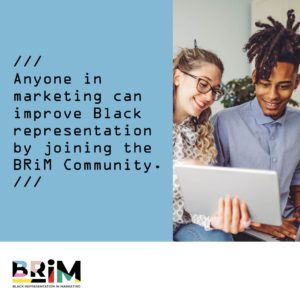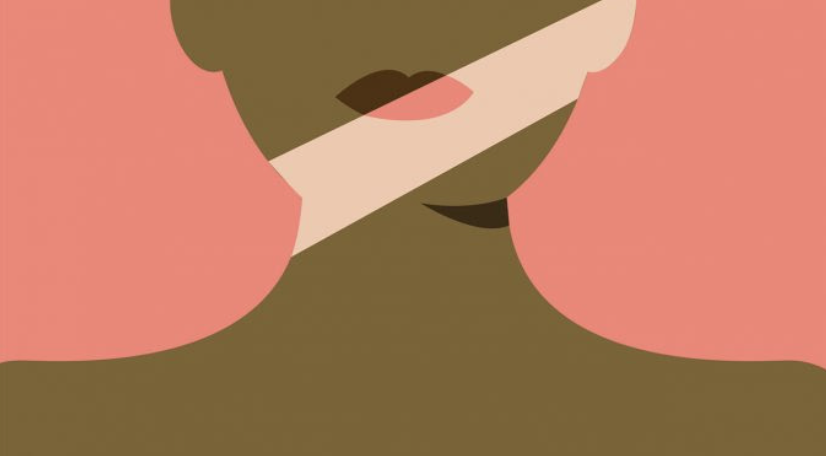Australian rapper Iggy Azalea has been in the news recently following backlash to the music video for her latest single. In one of the scenes in the video, the usually blonde Azalea appears in a dark wig and darker make-up than usual, which has led to accusations of blackfishing, an issue that is constantly perpetuated by the entertainment industry and something that other celebrities such as Ariana Grande, Bruno Mars, and the Kardashians have also been accused of.
What is blackfishing?
The term rose to prominence in 2018, when journalist Wanna Thompson (who coined the term) said that she noticed white celebrities and influencers cosplaying as Black women on social media. It is used to describe when non-Black influencers and public figures use various methods such as overly dark tans and make up (as seen with the Iggy Azalea example), Photoshop and even cosmetic surgery, as well as appropriating hairstyles and clothing in order to change their looks to appear Black, mixed race or ethnically ambiguous.
The etymology of blackfishing can be linked to catfishing, where people create fictional personas online, and it can also be linked to the racist practice of blackface, which is putting on dark makeup in order to mock the appearance of a Black person. Blackfishing is often described as a modern type of digital blackface, where the features and elements of Black culture are only seen as admirable and attractive when appropriated by non-Black people. As well as this, blackfishing also highlights the irony of the positive elements of the Black experience being ‘owned’ by non-Black people for marketing opportunities and monetary gain, who get to opt out of the negative aspects such as microaggressions and systemic discrimination, something that Black people do not have the luxury of doing.
One of the most famous examples of blackfishing in recent years is the case of Rachel Dolezal, who pretended to be black (by tanning her skin and changing her hair) and acted as a black rights activist and teacher for many years, until she was exposed as a white woman in 2015. This story showed how insidious blackfishing can be as with her false claims and how convincing she was before being exposed, Dolezal had denied black people out of positions.
Netflix released a controversial documentary in 2018 called ‘The Rachel Divide’, which featured Dolezal giving her side of the story, and critics stated that by putting the spotlight on her, it was once again taking opportunities away from others that were more deserving.
With summer coming to an end and as we move into autumn and winter, one can easily get caught up with maintaining the tan from the summer. ‘I’m almost as dark/ as tanned as you’ is a common phrase that people of colour can hear a lot in the summer from friends and colleagues, but it is very important to avoid skin tone comparisons in particular, and to remember that the ethnicities and the cultures of others are not trends that can be turned on and off.

Join the BRiM Community today to create for the latest updates from our Steering Group and Advisory Board




